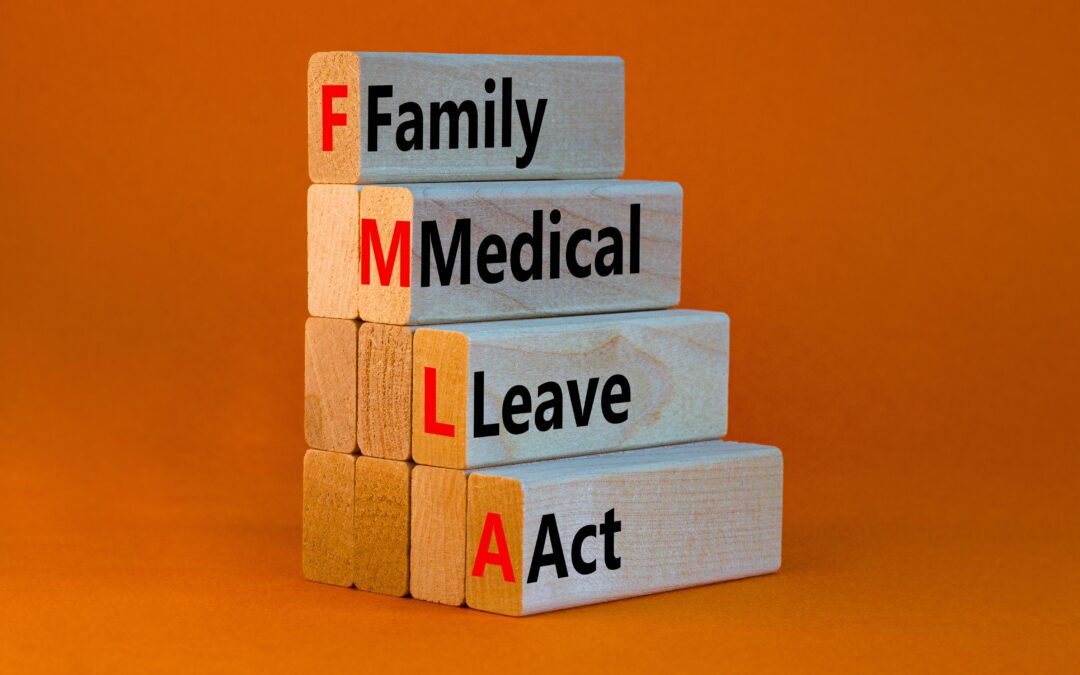One significant concern that arises when seeking treatment is job security. Many individuals hesitate to pursue help due to fears of losing their job or facing discrimination. However, the Family and Medical Leave Act (FMLA) is a crucial tool that offers protection and support for those seeking treatment. In this editorial article, we will delve into the importance of FMLA, how it can be used to get help with addiction, and how it ensures job protection during treatment, encouraging individuals to prioritize their health and well-being.
I. Understanding the Family and Medical Leave Act (FMLA):
Overview: The FMLA, enacted in 1993, is a federal law that grants eligible employees unpaid, job-protected leave for specific family and medical reasons.
Eligibility Criteria: To qualify for FMLA, employees must work for a covered employer, have worked for the employer for at least 12 months, and have worked at least 1,250 hours in the past 12 months.
II. Substance Use Disorders as a Covered Medical Condition:
Substance Use Disorder: Under the FMLA, substance use disorders, including drug and alcohol addiction, are considered serious medical conditions that qualify for protected leave.
Seeking Treatment: Individuals struggling with addiction are entitled to FMLA leave when they seek treatment, whether it’s for inpatient or outpatient care.
III. Understanding Job Protection Under FMLA:
Unpaid Leave: FMLA provides up to 12 weeks of unpaid leave per year for eligible employees to address their medical needs or those of their immediate family members.
Job Security: During FMLA leave, eligible employees are entitled to job protection, meaning they have the right to return to their position or an equivalent one upon completion of their leave.
IV. Using FMLA for Addiction Treatment:
Seeking Help: FMLA allows employees to take leave to attend a rehabilitation program, counseling sessions, or medical appointments related to their substance use disorder.
Confidentiality: Employers must maintain confidentiality regarding an employee’s condition and treatment, ensuring that the employee’s privacy is respected.
V. Overcoming Stigma and Discrimination:
Addressing Stigma: By promoting awareness of FMLA rights and addiction as a treatable medical condition, we can help reduce the stigma surrounding substance use disorders.
Anti-Discrimination Laws: The Americans with Disabilities Act (ADA) and the Substance Abuse and Mental Health Services Administration (SAMHSA) further protect individuals from discrimination based on their addiction.
VI. Communicating with Employers:
Open and Honest Communication: It is essential for individuals seeking FMLA leave for addiction treatment to have open and honest conversations with their employers about their situation.
Planning Ahead: Providing advance notice of the need for leave and making arrangements for coverage during the absence helps ensure a smooth transition.
VII. Employer Resources and Support:
Employee Assistance Programs (EAPs): Many employers offer EAPs that provide resources and support for employees struggling with addiction, including counseling and treatment referrals.
Workplace Policies: Employers can implement supportive policies that encourage employees to seek help for substance use disorders without fear of retaliation.
VIII. Job protection and support for individuals seeking help
The Family and Medical Leave Act (FMLA) is a vital resource that ensures job protection and support for individuals seeking help with drug and alcohol addiction. As a leading rehab, recovery, and detox center, we understand the importance of prioritizing health and well-being, and FMLA serves as a critical tool in achieving this goal.
By raising awareness about FMLA rights and advocating for the understanding of addiction as a treatable medical condition, we can break down the barriers of stigma and discrimination. Encouraging open communication between employees and employers fosters an environment of trust and support.
Through the proper use of FMLA, employees can pursue addiction treatment without fear of losing their job. As a society, we must continue to prioritize the health and well-being of individuals struggling with addiction, offering them the support and resources they need to embark on their journey to recovery.
Let us stand united in advocating for the protection of individuals seeking help with addiction, ensuring that no one must choose between their job and their health. Together, we can pave the way to a more compassionate and understanding workplace culture, where health and recovery are valued and supported.

